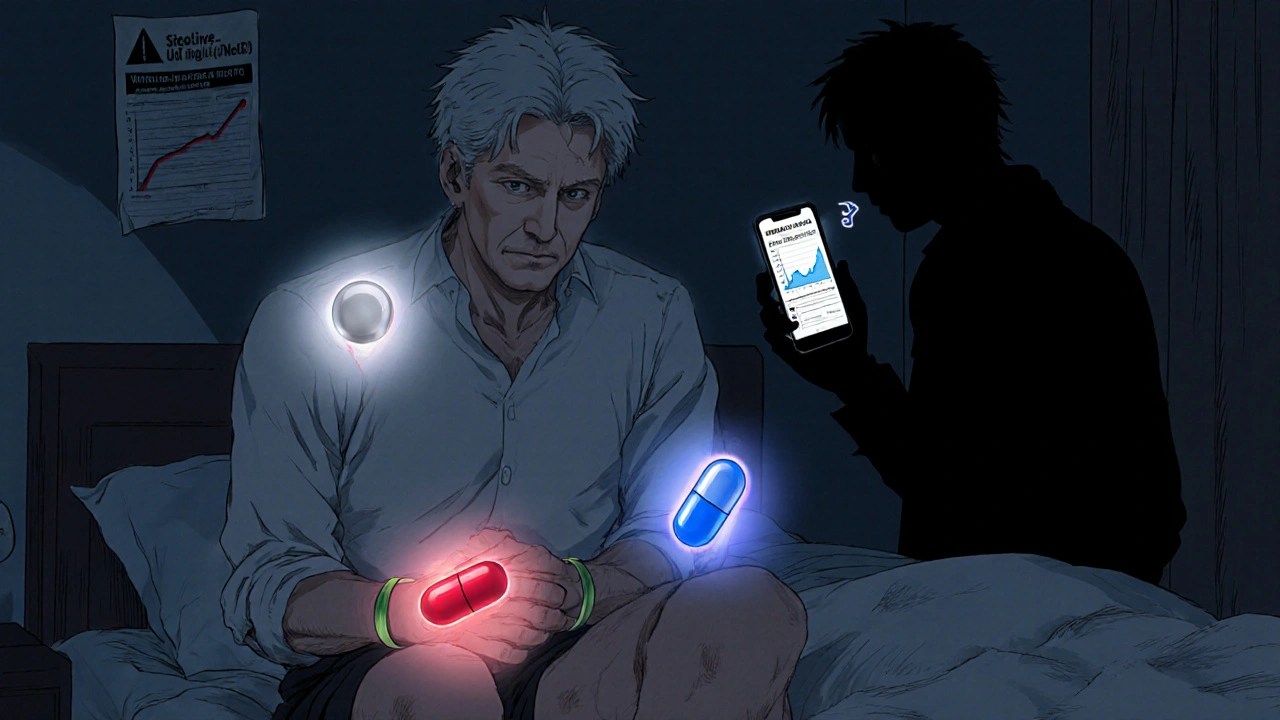Statin Adherence: Why Taking Your Cholesterol Medication Right Matters
When you're prescribed a statin, a class of drugs used to lower LDL cholesterol and reduce heart attack risk. Also known as HMG-CoA reductase inhibitors, they work best when taken daily, without breaks. But here’s the truth: nearly half of people stop taking their statins within a year. Not because they feel bad—most don’t. But because they forget, they’re scared of side effects, or they think, "I feel fine, so I don’t need it." That’s where statin adherence becomes life-or-death.
Statin adherence isn’t just about pills. It’s about preventing heart attacks, strokes, and long-term damage that doesn’t show symptoms until it’s too late. Studies show people who stick with their statins cut their risk of cardiovascular events by up to 50% over five years. But skip just one or two doses a week, and that protection drops fast. And it’s not just about the statin itself—statin interactions, how certain drugs like clarithromycin or grapefruit juice can spike statin levels and cause muscle damage make consistency even more critical. If you’re on clarithromycin for an infection, your doctor needs to know you’re on a statin. Same goes for supplements like red yeast rice—it acts like a statin and can double your risk of side effects.
Side effects like muscle pain are real, and they scare people off. But most of the time, the pain isn’t from the statin—it’s from aging, inactivity, or another condition. The real danger isn’t muscle soreness—it’s stopping the drug and letting plaque build up silently in your arteries. If you’re having side effects, don’t quit. Talk to your doctor. There are different statins—some are less likely to cause problems. Or your dose can be adjusted. And if cost is the issue, generics are just as effective and often cost less than $5 a month.
What helps people stay on track? Setting phone alarms. Using pill organizers. Linking the pill to a daily habit—like brushing your teeth. Keeping a simple log. These aren’t fancy tricks—they’re the tools people who’ve stayed healthy for years actually use. And if you’ve ever missed a dose, you’re not alone. But knowing what to do next—whether to skip it, take it late, or double up—makes all the difference. That’s why the posts below cover everything from medication compliance, the habits and systems that help people stick to their drug schedules to how to handle missed doses, drug interactions, and what to do when side effects pop up. You’ll find real, no-nonsense advice from people who’ve been there—and the science behind why it works.
